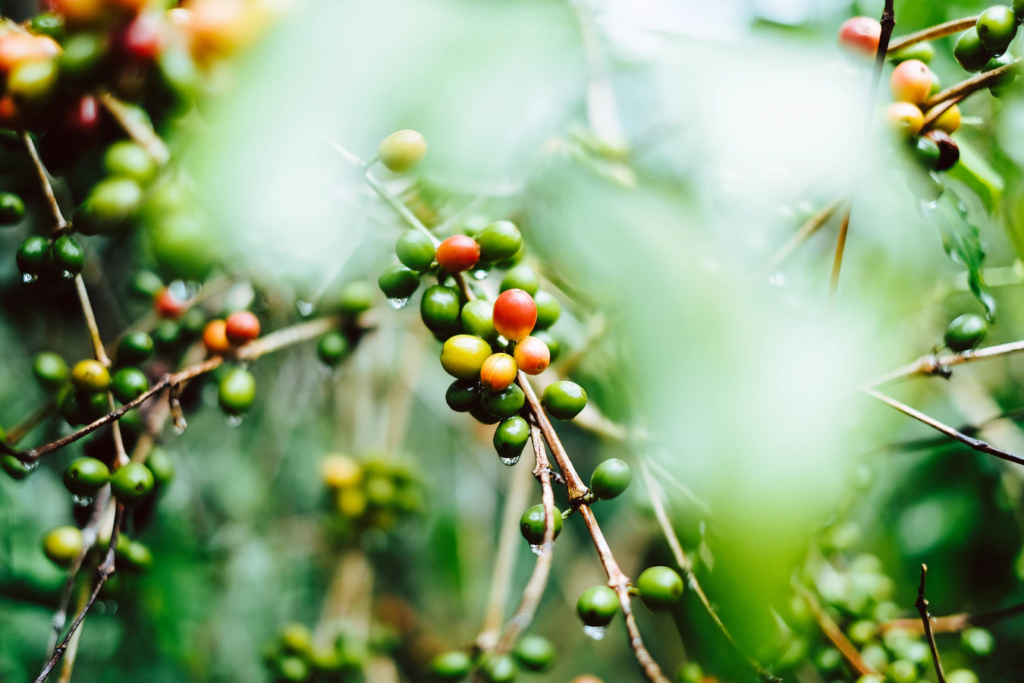The Nedstar Report, Issue 2
The global ethanol market doesn’t pause for summer, and this one is anything but quiet. It started with a tariff. Then a strike. Then a power shift. This summer, global ethanol trade is being hit from all sides. The EU pulled Pakistan’s GSP+ status. The US bombed Iranian targets. Israel’s offensives have triggered a wider regional crisis. India is rewriting its import playbook, while China pushes back behind closed doors.
At the same time, the US is tightening rules at home, and the EU is struggling to hold its regulatory line as political winds shift. In the middle of it all: shipping delays, volatile prices, uncertain sourcing, and trade routes that no longer hold. This isn’t just a turbulent moment, it’s a global recalibration.
In this second edition of The Nedstar Report, we map out the key developments by region, helping buyers and partners make sense of where the market stands today, and where it's likely heading next.
Global trade at a glance
Europe: Tariffs and trade deals reshape the market
- Pakistan loses EU privileges
The European Commission has suspended Pakistan’s GSP+ status for non-fuel ethanol, introducing tariffs of up to €243/tonne from 20 June. This follows a 300% surge in imports between 2021–2024 and concerns over market disruption. Pakistan was the EU’s top source of non-fuel ethanol last year. Read our full analysis here. - UK bioethanol industry faces pressure
A new UK–US trade deal has removed the 19% tariff on American ethanol imports, putting local producers under severe strain. Companies like ABF Sugar and Ensus warn of significant job losses without government support. - Tariffs hit the UK spirits
Fevertree, the UK premium mixer brand, and global brewer Molson Coors will split the cost of a new 10% US tariff on UK exports. Meanwhile, French spirits group Rémy Cointreau has withdrawn its 2030 targets due to weakening US sales and rising duties. - Trade deal boosts Scotch in India
A UK and India trade agreement will cut Scotch whisky tariffs from 150% to 75% immediately, then to 40% over ten years, potentially unlocking £1 billion in export opportunities.
United States: Tariffs, policy changes, and SAF tensions
- US tariffs weigh on spirits
The universal 10% import tariff continues to hit American spirits. Brown-Forman, maker of Jack Daniel’s, reported a 5% drop in net sales and a 15% decline in net income due to trade tensions and cautious consumer spending. - EPA proposes higher biofuel blending volumes through 2027
In a 13 June rule proposal, the US EPA has raised the Renewable Fuel Standard (RFS) targets to 24.02 billion gallons in 2026 and 24.46 billion gallons in 2027, up from 22.33 billion in 2025, alongside a ramp-up in biomass-diesel mandates. This marks a significant boost for domestic biofuel production. - US to oppose ICAO green fuel criteria
The US plans to challenge a UN aviation agency recommendation that favors Brazil’s multicropping-based corn ethanol, citing concerns over carbon score bias in sustainable aviation fuel regulation.
Brazil: Growing volumes and new ties with China
- DDG exports to China
Brazil has secured an agreement to export distillers dried grains (DDGs) to China, challenging the US lead and strengthening Brazil and China agricultural ties. Production could reach 5 million tonnes by the 2025/26 season.
India and Pakistan: Political tensions and trade disruptions
- Rising India–Pakistan tensions
Following a terrorist attack in India, political tensions have led to the suspension of the Indus Waters Treaty and a halt in trade between the two countries, disrupting ethanol and commodity flows. - Pakistan launches ethanol blending programme
Inspired by India, Pakistan plans to launch an Ethanol Blending Programme to reduce fossil fuel use and carbon emissions. The draft suggests a voluntary blend of up to 5% ethanol in petrol and aims to diversify feedstocks.
China: Closed market, open channels
- Tariffs hold, talks resume
China continues to enforce tariffs of up to 45% on ethanol imports, keeping the market mostly closed. However, trade talks with Washington resumed in April 2025, raising hopes for future changes.
Middle East in crisis
- Geopolitical volatility
The region is under stress. The Israel–Hamas war has reignited tensions, pulling in Iran and triggering US strikes. Trade routes near the Strait of Hormuz are under pressure, with freight premiums rising. - Spain calls to suspend EU–Israel trade agreement
On 23 June, Spain formally urged the European Union to immediately suspend its trade agreement with Israel over human rights concerns in Gaza, creating market uncertainty. - Oil prices climb on Israel-Iran tensions
Global oil prices have surged following the recent escalation between Israel and Iran. Brent crude jumped more than 10% in June, climbing above $77 per barrel, as traders reacted to fears of supply disruptions across key Middle East routes. - EU sentiment shifting
Public pressure in Europe could influence future trade decisions, especially those involving Israel and regional trade partners. - Ethanol market expands
The Middle East’s ethanol production rose to 169 million litres in 2024, a 25% year-on-year increase. Turkey leads with 82% of output, with growing demand in the UAE and Saudi Arabia.
Africa: Sustainable fuel opportunity
- South Africa’s SAF potential
The International Air Transport Association (IATA) has highlighted South Africa’s potential for sustainable aviation fuel (SAF) production, leveraging its infrastructure to support global decarbonisation goals.
Looking Ahead: Logistics, risk and resilience
With Brazil’s harvest peaking and India’s monsoon underway, Q3 will bring the usual seasonal pressure. But in 2025, the real question isn’t just volume, it’s volatility. Conflict, climate and politics are creating a trade environment where long-standing patterns are breaking down.
At Nedstar, we continue to monitor developments closely across regions, regulatory frameworks, and shipping routes to support our partners with insights and sourcing strategies that adapt to the moment. Stay tuned for our next global market pulse and get in touch with our team anytime for tailored insights and strategic support.









Leave a comment